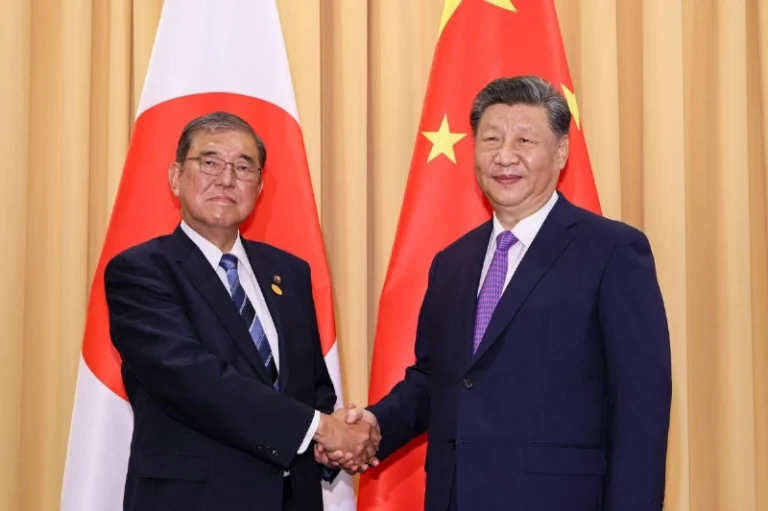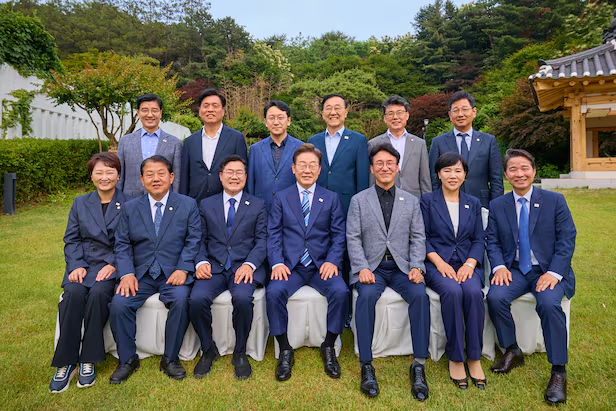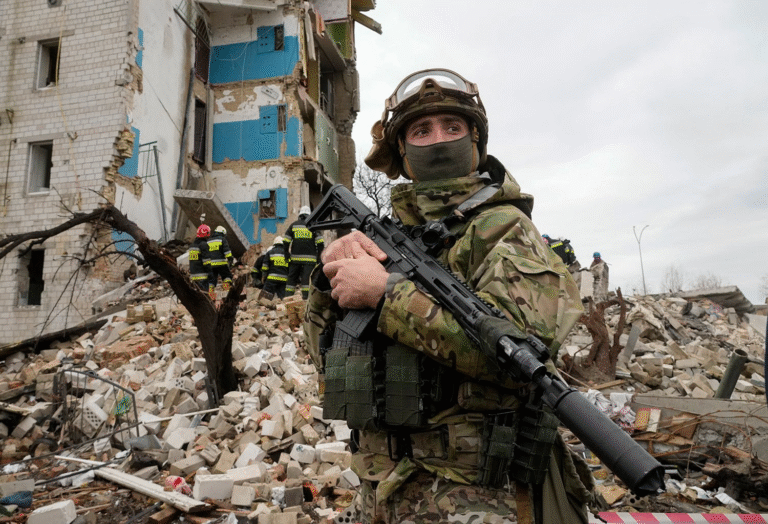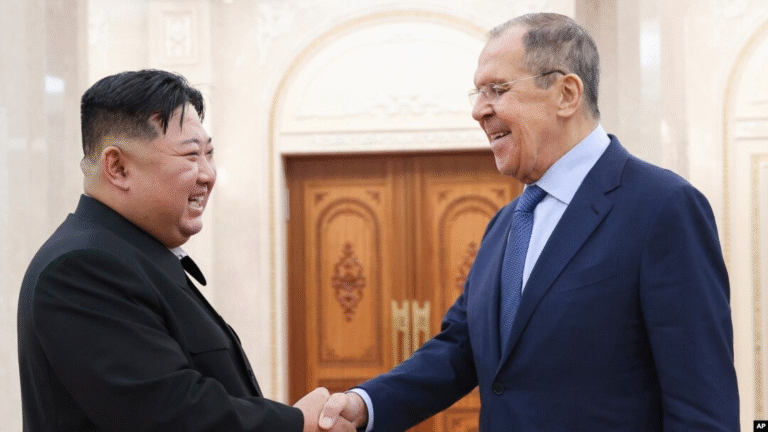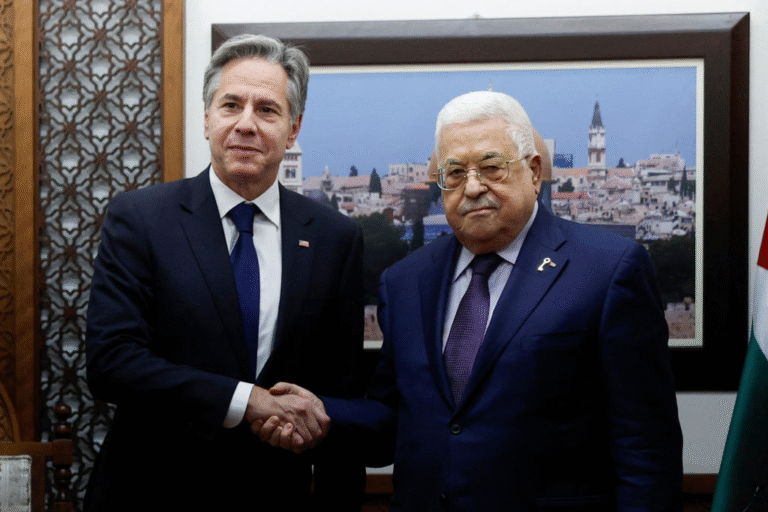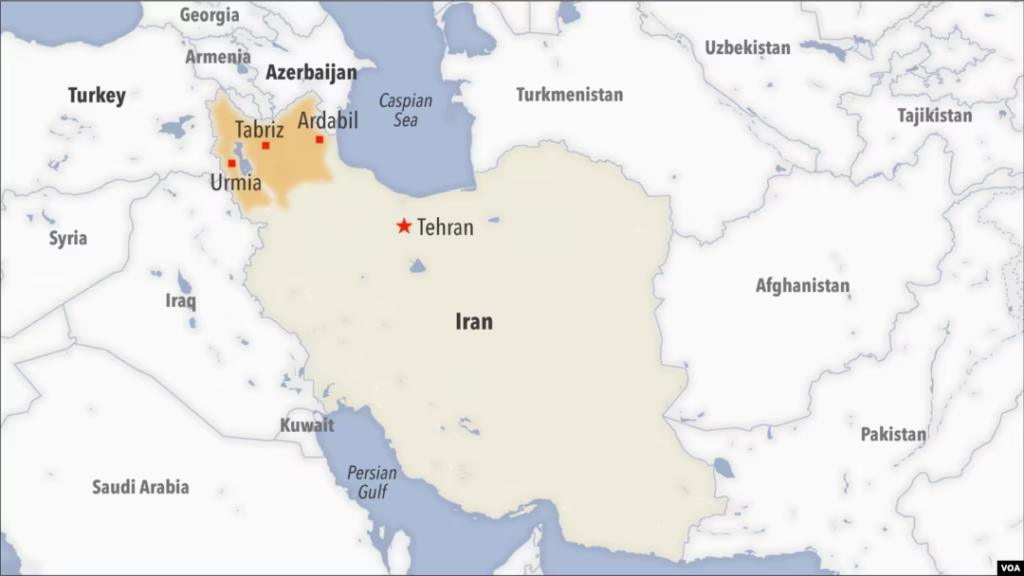
Map of the ethnic Azerbaijani areas in Iran. Photo Credit: Voice of America
Mikayil Guluzade
The America-Eurasia Center
The International Security Program
https://www.eurasiacenter.org/
According to estimates, the Southern Azerbaijanis of Iran make up an estimated 16% of
Iran’s total population of 89 million. Despite being the largest ethnic minority in Iran, ethnic
Azerbaijanis have faced routine discrimination facilitated by Iranian authorities. Restrictions to the
practice and acceptance of Azerbaijani language and culture have influenced the rights which
Azerbaijanis have over their children’s education. As a result, the international community has
increasingly recognized the struggles of the educational rights of the ethnic Azerbaijani minority in
Iran as a significant human rights issue.
There are several ways in which the language, culture, and legacy of the people of Southern
Azerbaijan are being suppressed nowadays. Azerbaijani is not allowed in Iranian schools, despite
the constitution’s protection of minority groups’ freedom to speak in their own tongue.
Consequently, no educational institution, not even the University of Tabriz, offers instruction in
Azerbaijani language, but instead, seven other languages are taught there. The ban on native
language instruction has presented numerous challenges, as Azerbaijanis are forced to study and
communicate strictly in Farsi, limiting their ability to express themselves in their mother tongue.
Efforts for native language education, including advocacy for language rights and community
initiatives, have aimed to address this issue. However, the government’s official stance on native
language education and the implementation of language policies have hindered progress in this
area. These restrictions have also had negative effects on educational outcomes, including academic
performance and dropout rates. The role of language in identity formation is crucial, as language
serves as a marker of ethnic identity and has psychological and social implications. In fact, the
roots of this official policy extend back further into the history of Iran. Reza Shah Pahlavi created a
policy called Persianization which was an official policy to assimilate ethnic minorities in Iran to
speak Persian or Farsi and ban their native languages. The Azerbaijani language was banned for use
on the premises of schools, in theaters, for religious ceremonies and in print. Reza Shah carried out
a forceful de-Turkification campaign in Iran.
Community initiatives have also played a role in promoting native language education, with
local organizations establishing schools and programs to teach Azerbaijani language. Furthermore,
international support has been crucial in raising awareness about the restrictions faced by
Azerbaijanis and providing resources for native language education. Despite the Iranian
government’s restriction of native language education ongoing community efforts reflect the
determination of the Azerbaijani community to maintain their language and cultural heritage within
the Iranian education system. Efforts for native language education among Azerbaijanis in Iran
have been driven by advocacy for language rights, community initiatives, and international support.
Activists have been advocating for the right to instruction in their native language, highlighting the
importance of preserving their cultural identity. Community initiatives have also played a role in
promoting native language education, with local organizations establishing schools and programs to
teach the Azerbaijani language. Furthermore, international support has been crucial in raising
awareness about the restrictions faced by Azerbaijanis and providing resources for native language
education.
The disregard for Azerbaijani language and culture in Iran is not limited to education;
several place and street names with Azerbaijani legacies have been converted to Farsi. In general,
there is a widespread perception that the cultural and historical legacy of Azerbaijan is being
disregarded. For instance, the Ark Castle in Tabriz was physically destroyed to make room for
other construction projects. The Iranian constitution guarantees the right to education in Azerbaijani
language and culture, which Azerbaijanis have called on authorities to respect. In reality, however,
teaching Azerbaijani language in schools is forbidden, and there isn’t a single language department
dedicated to Azerbaijani at Iranian universities. In addition, Farsi is the only language aired on
official radio and television, which further disregards the constitutionally guaranteed rights of
minority languages to be spoken outside of the private sector. Southern Azerbaijanis should have
the ability to communicate in their own tongue with local government representatives and the legal
system.
The role of language in identity formation, particularly as a marker of ethnic identity, has
further compounded the psychological and social implications for the Azerbaijani community in
Iran. When compared to other ethnic minorities in Iran, it becomes apparent that education rights
vary, highlighting the importance of international perspectives on language rights. International
standards, such as the UN Declaration on the Rights of Indigenous Peoples, play a vital role in
advocating for minority language rights and can inform efforts to address the restrictions faced by
Azerbaijanis in Iran. Unfortunately, there are also flagrant cases of violations of the law in the
educational sphere, which require an immediate response from the international community. Since
November 2022, a disturbing rise in cases of poisoning among schoolgirls in regions densely
populated by Azerbaijanis was observed. According to the Report of the Special Rapporteur on the
situation of human rights in the Islamic Republic of Iran, Javaid Rehman, dated August 24, 2023,
“more than 13,000 students, the majority of whom are girls, have reportedly received medical care
caused by the suspected poisoning.” These violations can only be described as chemical and
biological terrorism, as these innocent schoolgirls were deliberately exposed to harmful substances.
Unfortunately, Iranian law enforcement authorities have failed to take effective measures
against these terror acts, which have persisted for seven months. The lack of accountability and
failure to bring the responsible individuals to justice raises serious doubts about the Iranian state
authorities’ commitment to addressing these incidents. Ultimately, linguistic and cultural
discrimination in education leads to illiteracy among Azerbaijanis, especially women. This
systematic approach undermines the cultural and linguistic identity of the Azerbaijani community,
ultimately leading to assimilation into the dominant Iranian culture.
In the recent years, various resistance and advocacy efforts have emerged in response to the
violation of educational rights of Azerbaijanis in Iran regarding their right to study in Azerbaijani
language. These efforts aim to address the discriminatory practices and promote equal educational
opportunities for the Azerbaijani community. Grassroots movements and activism play a significant
role in raising awareness about the issue and mobilizing the community to demand their linguistic
rights. Legal challenges and litigation have also been pursued to challenge the discriminatory
policies and seek legal redress. International support and solidarity have been crucial in advocating
for the educational rights of Azerbaijanis in Iran and successful in putting pressure on the Iranian
government to address this issue. Unfortunately, language educational rights violations extend to a
number of other ethnic minorities in Iran and although it is difficult to obtain images on the
Azerbaijani victims, Zara Mohammadi who was teaching Kurdish to her students below, was
arrested and sentenced to ten years in prison.
